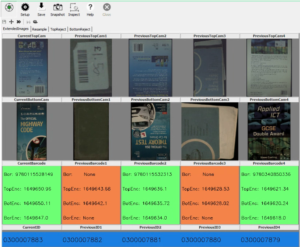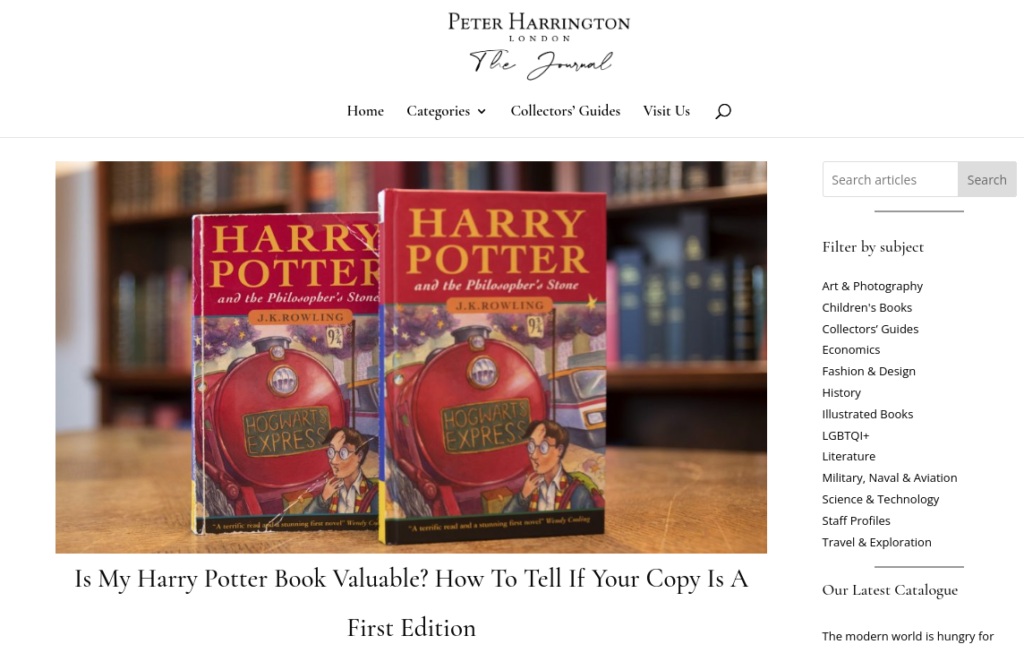There is no denying that we are a society of book lovers, and after several fleeting affairs with ebooks, audiobooks and Kindles, our love of printed books has never wavered. That’s not to say that the new wave of technology didn’t change our reading habits at all, though.

For many, E-readers are practical, they take up far less space than the ever-growing collections on our bookshelves, and they forged new paths in the way of accessibility with their adjustable font sizing and unique light technology. Despite all of this, printed books are still the more popular option among our nation of bookworms. According to research from Statista, the estimated share of the UK population that purchased an e-book in 2021 was a mere 20.3%, less than half of the 48.5% who purchased a printed book.
Our devoted connection to paper books and the positive emotions we associate with them is obvious. They represent symbols of knowledge, cherished collectables, and for many of us, childhood memories. Like the adult colouring book craze that had us all in a frenzy back in 2015, some styles of books were simply designed to be on a paper spread. More recently, journaling and self-help diaries have made a comeback alongside the growing popularity of mindfulness and focus on mental health. Both Amazon and the New York Times listed self-help books as one of their top sellers for 2022. Furthermore, there is certainly something to be said for the link between our preference towards paper books and our desire to spend less time on screens.
Regrettably, not every book is kept forever and like most of our possessions, sometimes we are simply ready to let them go. So, what happens to the books in need of a second life? In a thrifty society that places great value on all things pre-loved and vintage, it’s no surprise that the used and second-hand book industry is thriving and even predicted to be worth £563m in the UK by 2025. Used books are sold everywhere, from cosy charity shops to innovative companies whose business model is based on the sale of second-hand books. Warehouses all over the country are stocked from floor to ceiling with donated books waiting patiently to be sorted, valued and sent to their new homes.
All genres of books can be found for resale. Academic textbooks, first editions or signed copies of our favourites are a few examples of books that hold on to their value, whilst rare old books are often sold for unimaginable sums – think first-edition Harry Potters. Author Adam Smith’s own copy of his work The Wealth of Nations recently sold for a jaw-dropping £908,000!

There are sadly many books that do not sell with such success. There is only so much space on store shelves for repeat volumes of once-popular titles, such as the Dan Brown and Fifty Shades series. Both were so popular in their initial release, that once everyone had read them, hundreds of thousands of copies were circulating but the demand had simply died out. Books like this are then sent to be pulped and recycled. We can, perhaps, find solace in the idea that they may then be used for pages of a new book, or to package up and resell an old one.
It’s not just our planet and our bank accounts that benefit from selling old books. Authors will now be paid royalties on the resale of their work. The founder of Somerset-based used bookseller Bookbarn International, William Pryor, came up with a scheme to pay authors royalties on used book sales back in 2015. It was then World of Books Group, the UK’s largest used books retailer, who stepped in to help Pryor realise his idea and launch the royalty fund AuthorSHARE. This scheme will mean that authors will be paid every time one of their books is sold on the World of Books or Barn International websites. A well-deserved bonus for talented authors.
So, how can Scorpion Vision benefit the second-hand book market?
If you’re trading in second hand books on a volume scale, you’ll need to automate many of the processes for an efficient and smooth operation.
Managing the sorting and archiving millions of books must be a labour-intensive task – unless it can be automated. But to automate something like this on such a scale would take a high-speed intelligent imaging system.
Selling second-hand books on the internet requires a level of quality control before the book is shipped. How is the buyer guaranteed quality otherwise?
Scorpion Vision has been working with a major second-hand book retailer to answer all these questions. In the process, we believe that we have created something very special.
Watch this space for updates coming soon…


